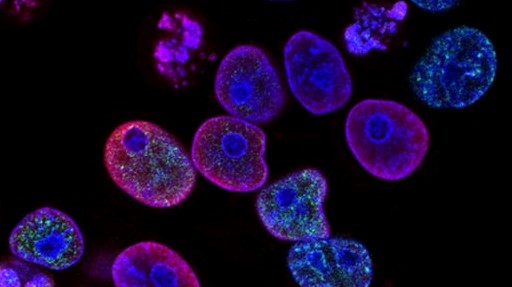- WHAT: Single Cell RNA-Seq
- WHEN: March 3rd, 10am-12pm & 1-4pm
- WHERE: Online; instructions upon registration
- WHO: Ansuman Chattopadhyay & Sri Chaparala
- HOW: Register here
This is a 5 hour workshop on the techniques, platforms, and methods used in analyzing single cell RNA-Seq data (scRNA-Seq). The morning session (10 am – 12 pm) starts with a presentation from the Genomics Research Core on best practices in sample handling, followed by an overview of the basic steps involved in scRNA-Seq data analysis. The afternoon session (1 pm – 4 pm) focuses on software demonstration using HSLS-licensed Partek Flow software.
One week after this class we will host a follow up session (1 pm to 3 pm) to review the hands-on exercise questions distributed during the workshop. Registration is not required for the hands-on follow up session. To attend, use the same Zoom link you received upon registration for the original workshop.
Participants will learn how to
- import FASTQ files from scRNA-Seq experiments using GEO
- perform quality checks (QC) on single cell data
- filter and normalize of data
- generate PCA and t-SNE plots to visualize data
- identify cell populations, biomarkers, and differential gene expression
- perform trajectory analyses
Target Audience:
Experimental biologists seeking to analyze scRNA-Seq data generated through experiments or retrieved from a repository such as GEO. The software covered in the workshop operates through a user-friendly, point-and-click graphical user interface, so neither programming experience nor familiarity with the command line interface is required.
Workshop Guide:
Suggested Reading:
Attribution:
Please include the following statement in the acknowledgments section for all publications, posters, and presentations: Data analysis was performed using {name of software} software licensed through the Molecular Biology Information Service of the Health Sciences Library System, University of Pittsburgh.
HSLS Winter/Spring 2021 MolBio Info Service Training Workshops schedule
Contact the HSLS Molecular Biology Information Service with any questions.
(Photo by National Cancer Institute on Unsplash)

